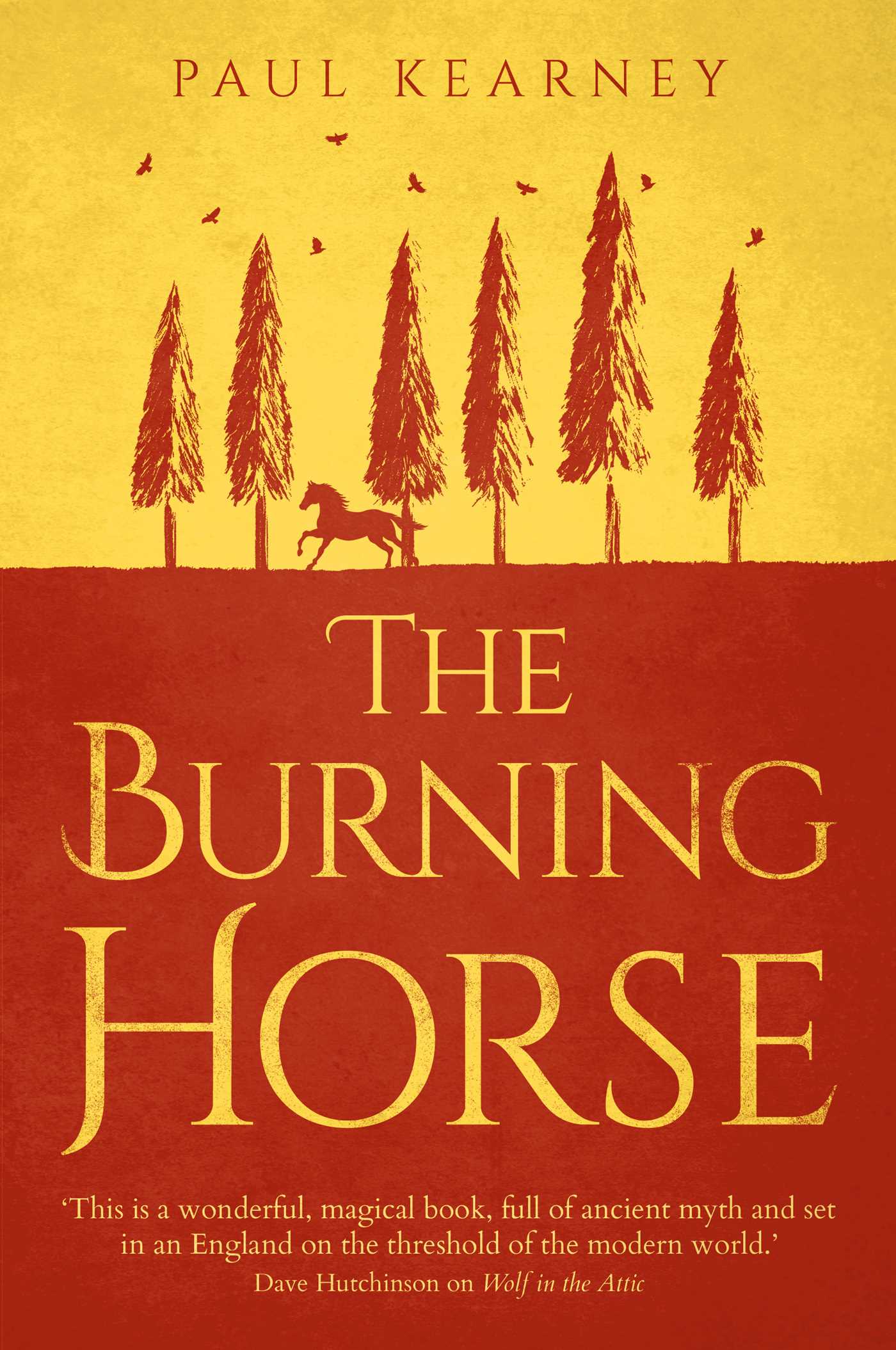
Part of Series
1920s Oxford: home to C.S. Lewis, J.R.R. Tolkien... and Anna Francis, a young Greek refugee looking to escape the grim reality of her new life. The night they cross paths, none suspect the fantastic world at work around them. Anna Francis lives in a tall old house with her father and her doll Penelope. She is a refugee, a piece of flotsam washed up in England by the tides of the Great War and the chaos that trailed in its wake. Once upon a time, she had a mother and a brother, and they all lived together in the most beautiful city in the world, by the shores of Homer's wine-dark sea. But that is all gone now, and only to her doll does she ever speak of it, because her father cannot bear to hear. She sits in the shadows of the tall house and watches the rain on the windows, creating worlds for herself to fill out the loneliness. The house becomes her own little kingdom, an island full of dreams and half-forgotten memories. And then one winter day, she finds an interloper in the topmost, dustiest attic of the house. A boy named Luca with yellow eyes, who is as alone in the world as she is. That day, she’ll lose everything in her life, and find the only real friend she may ever know.
Author

Paul Kearney was born in rural County Antrim, Ireland, in 1967. His father was a butcher, and his mother was a nurse. He rode horses, had lots of cousins, and cut turf and baled hay. He often smelled of cowshit. He grew up through the worst of the 'Troubles' in Northern Ireland, a time when bombs and gunfire were part of every healthy young boy's adolescence. He developed an unhealthy interest in firearms and Blowing Things Up - but what growing boy hasn't? By some fluke of fate he managed to get to Oxford University, and studied Old Norse, Anglo-Saxon and Middle English. He began writing books because he had no other choice. His first, written at aged sixteen, was a magnificent epic, influenced heavily by James Joyce, Samuel Beckett, Robert E Howard, and Playboy. It was enormous, colourful, purple-prosed, and featured a lot of Very Large Swords. His second was rather better, and was published by Victor Gollancz over a very boozy lunch with a very shrewd editor. Luckily, in those days editors met authors face to face, and Kearney's Irish charm wangled him a long series of contracts with Gollancz, and other publishers. He still thinks he can't write for toffee, but others have, insanely, begged to differ. Kearney has been writing full-time for twenty-eight years now, and can't imagine doing anything else. Though he has often tried.
